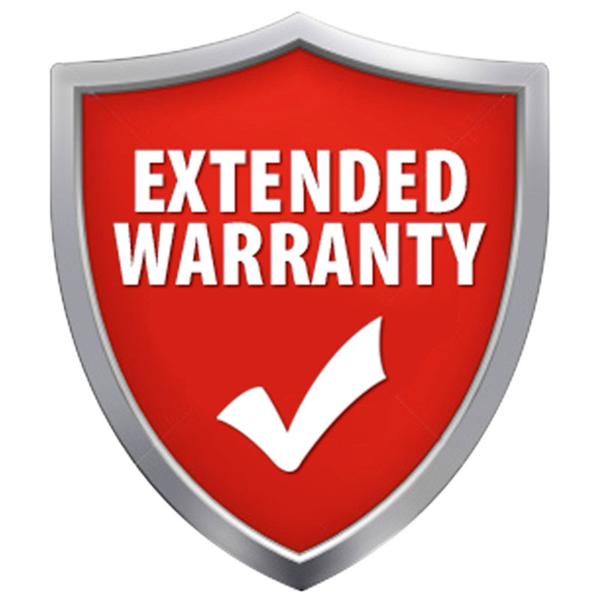Do I Need Extended Warranty Cover?
Part of the car purchasing process is deciding how to best take care of your car. Not only by arranging the appropriate level of insurance, but through warranty coverage as well. And while manufacturers typically include a fixed warranty period at the start of each new car’s life, faults sometimes emerge over time and can fall outside this period.
If you purchase a new vehicle from a dealership, the dealer may try sell you an extended warranty. This is designed to cover the cost of repairing mechanical or electrical defects in the years after the original warranty period.
In recent times, more and more car manufacturers like Toyota, Nissan, Kia and Hyundai are offering new car buyers a longer warranty period on their new purchase, so do you really need extended warranty? Before you rush to sign the dotted line, make sure you have taken into account the following points of attention.
What does extended warranty cover?
Always investigate precisely what the extended warranty will cover. It is normal for different levels of coverage based on a sliding scale of costs, so understand which car components are covered – and more importantly, which parts are not covered.
Remember, no form of extended warranty will cover against wear and tear, recalls, neglect, as well as criminal or unauthorised activity. Also look closely at the policy start date and any specific requirements to maintain coverage.
You might be paying extra for coverage under a particular policy that offers little to no additional protection, or offers limited compensation as far as protecting parts more likely to need replacing than others. You should assess whether the standard manufacturer’s warranty is adequate, or whether an extended warranty policy is more appropriate.

What are your plans with the vehicle?
Think about how you will use the vehicle and what your longer-term vision entails for the car. Some people purchase a vehicle as a temporary asset on their way to upgrading it later.
If this sounds like you, look closely at whether you will realise any benefit on top of the standard manufacturer’s warranty. On the other hand, if you think this new car will be your pride and joy for a long time to come, extended warranty could mitigate future repair risks, especially if the car is generally considered expensive to repair.
Second-hand car buyers may also sign up for extended warranty, which offers some protection given they don’t have visibility into the history of the car. That said, the age of the car will have an influence on the coverage available and the monetary compensation accessible if repairs are necessary.
Who is providing the extended warranty and at what cost?
Insurers are the end providers of extended warranty, with the service often referred to as an extended warranty insurance. Be wary of any products that are not insurance policies, particularly ‘discretionary’ warranties. Don’t hesitate to research the provider to ensure that they are of good standing and reputation – there should be plenty of feedback and commentary available online.
From a cost perspective, consider whether the additional expense might deliver sufficient value to make it a worthwhile expense. Not every extended warranty provider will allow transfers to another provider, and cancellation policies – if you were to sell the car, or be involved in a write-off – differ significantly.
Finally, if the extended warranty will be included into your car loan, do not overlook the additional interest expenses this will burden you with until repaid.